A few months ago I made an announcement to all my family and friends of my desire to become a Catholic. This 2-year desire will reach its ultimate fulfillment this Holy Saturday, as I receive my Lord and my God, Jesus Christ—His body, blood, soul and divinity—in the Eucharist at my local Catholic Church.
If one understands what the Catholic Church teaches about the Eucharist, then they may begin to appreciate the excitement I feel for this momentous occasion!
A Desire For Unity
Initially, when I announced that I was planning to become a Catholic, I had a fair number of people understandably ask why. It was my heart, however, not to go into too many specific details for the sake of unity—how often do we concentrate on what separates us rather than what unites us? And having been raised an evangelical Christian as well as working in full-time ministry for a number of years, this unity is dear to my heart.
I have been greatly influenced by various evangelical leaders, some of whom I know personally, others I have known briefly, and yet many more I know of from afar. These are soldiers in Christ. And we desperately need each other as the mind of our culture increasingly becomes close-minded to, or ignorant of, God’s ways.
With that in consideration, I nonetheless feel it is appropriate at this time for me to provide my inquisitive friends—and most importantly—fellow brothers and sisters in Christ, a reasonable explanation for why I’m converting to Catholicism.
My reasons may or may not persuade you—“que sera sera”! My only motive is to present my journey to those interested using a clear and honest approach, and I dearly hope my conviction is not misinterpreted as putting anyone down.
Hence, in a heart of humility and love, I intend over the course of several blogs to provide a few reasons as to why I am becoming a Catholic. So, without further ado, let’s begin with reason 1:
1. The Catholic Church Has A Valid Claim To Authority
As I have aforementioned, I was raised an evangelical Christian for which I am deeply thankful. Moreover, I was nurtured to love Scripture from an early age. It was my late-night habitual reading of the Bible when I was 11 years old that prompted me to question whether I was interpreting Scripture properly.
Reading Bible commentaries I soon realized that they did not always agree with one another—in fact, there was hardly what you would call consensus on even essential Christian truths.

As I expressed this concern to others I was recommended by some to ensure that I read Scripture “with the Holy Spirit”. This certainly sounded intriguing at the time, although later on, I realized that this technique simply did not cut it when it came to teaching Christian truth.
Furthermore, this over-reliance on subjective feelings seemed to skirt dangerously with the warning in James 3:1 that Christian teachers are judged more strictly by God—I thus concluded that this doctrinal confusion was a serious problem.
Two Pastors, Two Different Opinions
This issue can be illustrated by the fact that two Protestant pastors reading St. Paul’s letters, both filled with the Holy Spirit, can come to opposite conclusions in regards to the nature of Christian baptism. One would teach baptism is absolutely necessary for salvation, the other that it is merely a symbol of faith that has no power to save and therefore not strictly necessary.
Two Holy Spirit-filled Christian leaders, two sincere hearts, one Bible, and disturbingly opposite opinions on a very important technicality regarding salvation.
Even the earliest Protestant leaders such as Martin Luther, John Calvin, and Huldrych Zwingli, etc. would often vehemently disagree with one another on core Christian teachings such as the nature of Jesus Christ, salvation, grace, baptism & infant baptism, communion, free will & predestination, etc.
This isn’t beauty in diversity; this is doctrinal chaos!
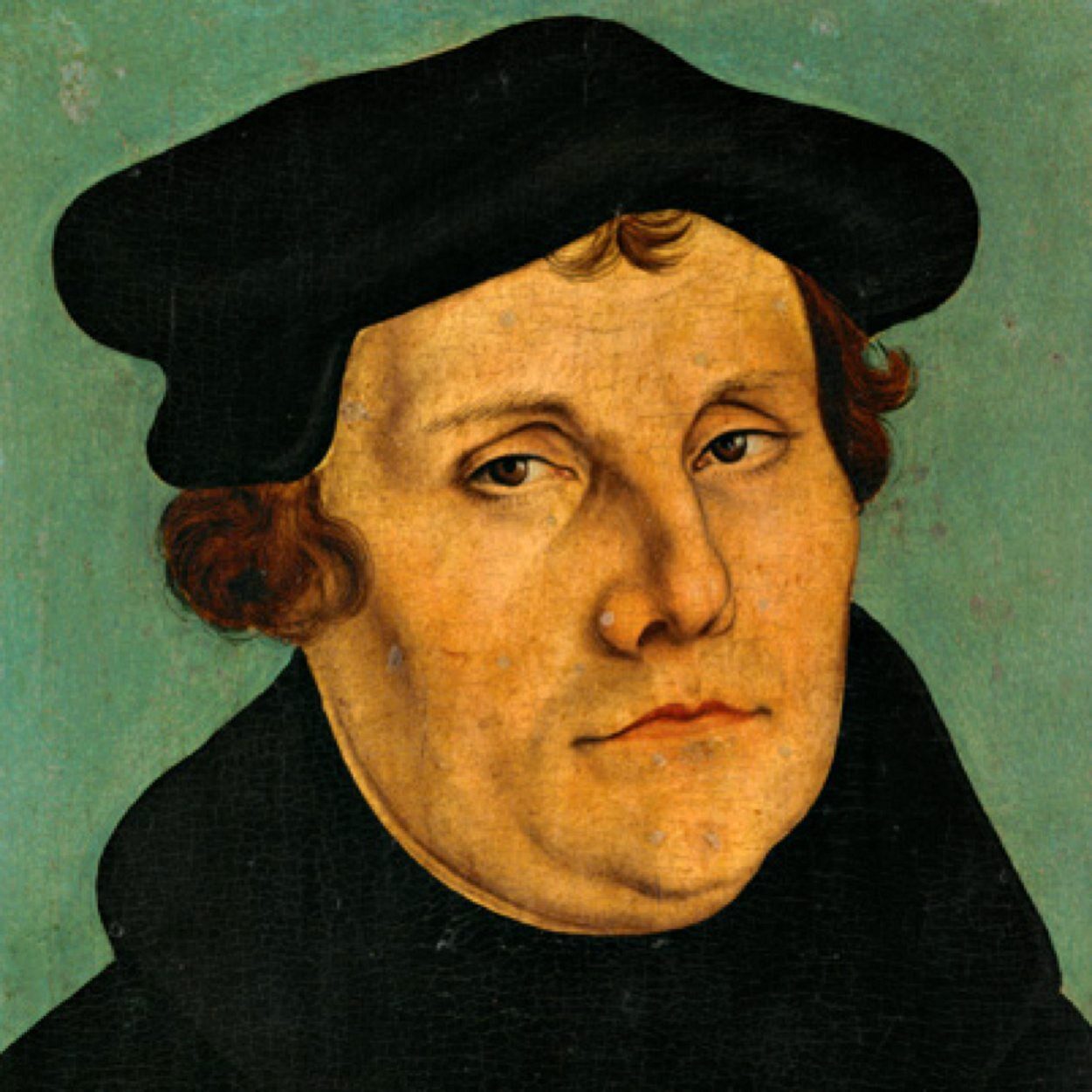
It became clear to me that there needed to be an authority outside the Bible to correctly interpret Scripture on these essential points of truth. But also an authority more grounded than the subjectivity of people who claimed the Holy Spirit guided their Biblical interpretations.
It seemed to me quite unacceptable that God could guide His Church so remarkably in the 1st Century only to let it veer off-course until Martin Luther arrived on the scene in the 16th Century as a vessel used by God to steer it back on track.
I also found it unacceptable that God could seemingly drop a book down from Heaven called the Bible and leave His devoted followers scrambling, arguing and debating with one another on what it teaches regarding the most essential doctrines that relate to salvation itself.

It is the Bible after all that admits to being occasionally difficult to understand while simultaneously dishing out grave warnings about false teaching. Furthermore, Hebrews 6:1-2 added insult to injury by calling some of these key disputed doctrines within different denominations “elementary doctrines”.
2000 years on and we still couldn’t agree on the simplest teachings of the Christian faith!
For some time I gave up on trying to rationalize elements of my faith and simply yielded to the possibility I would never be given logically satisfactory answers this side of heaven, at least as it pertained to some of the issues I have mentioned.
And Suddenly…
Years later, however, due to my reading of Church history, common sense struck me a blow when I suddenly perceived that the Bible had not magically appeared from Heaven—as if God had let it fall from the sky, bound and complete in King James English! Quite the contrary!
I was intrigued to discover that the Bible, in fact, came from the Catholic Church itself, and that through this Church God has lovingly provided us with everything we need to have the utmost confidence in our Christian faith & salvation.
Have I lost you? Let me justify that last statement.
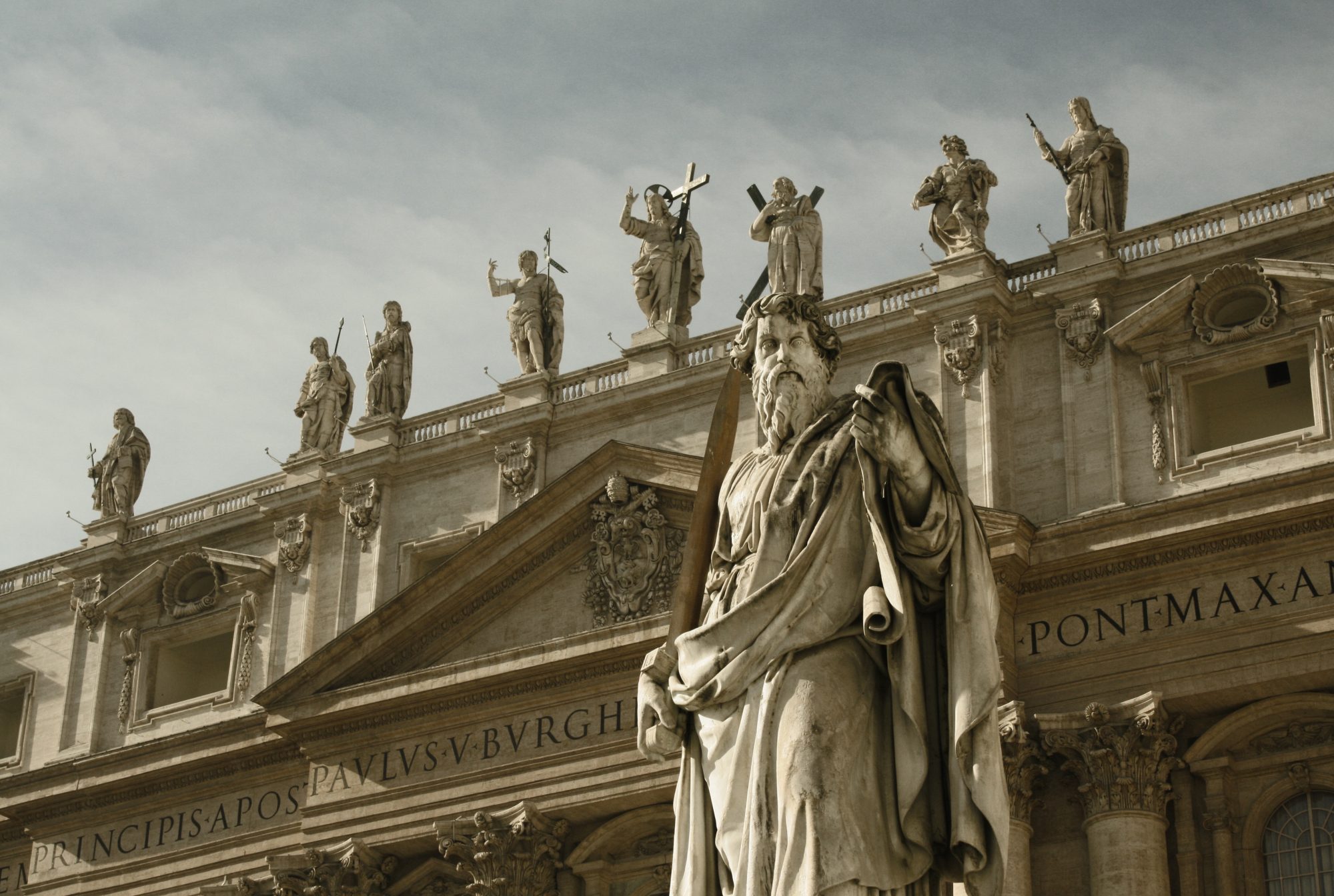
For the first 1000 years of Christian history, there was one Church, and the first documented case of it being called the “catholic church” comes a mere 70 years or so after Jesus in the writings of a Catholic bishop called St. Ignatius of Antioch.
It is basic math that informs us that the inception of Protestant denominations from the 16th Century onwards such as Lutheran, Reformed, Episcopalian, Methodist, Baptist, etc. means that, at most, each denomination is only 500 years old.
Before this time, mainline Christians were either Catholic or Orthodox. As well as, I found that history clearly showed that the present-day Catholic Church is the historical continuation of the Church you see in the pages of the New Testament and of history.
Now that is not to say there was no just reason to “protest” over the few hypocritical and dishonest clergymen in the Catholic Church during the 16th Century, but I simply question the decision of these early Protestant leaders in leaving the Catholic Church and forming their own denominations.
I qualify this by pointing out that it was Jesus in Matthew 16:18 who decided to form and build His Church on his most preeminent disciple, St. Peter:
“And I tell you, you are Peter, and on this rock I will build my church, and the gates of hell shall not prevail against it”.
It must be noted that the Greek word for “Peter” means rock. Elsewhere Jesus promises to send His Spirit to lead this Church into all truth. Once more, St. Paul affirms this reality in 1 Timothy 3:15 when he calls the Church the “pillar of the truth”.
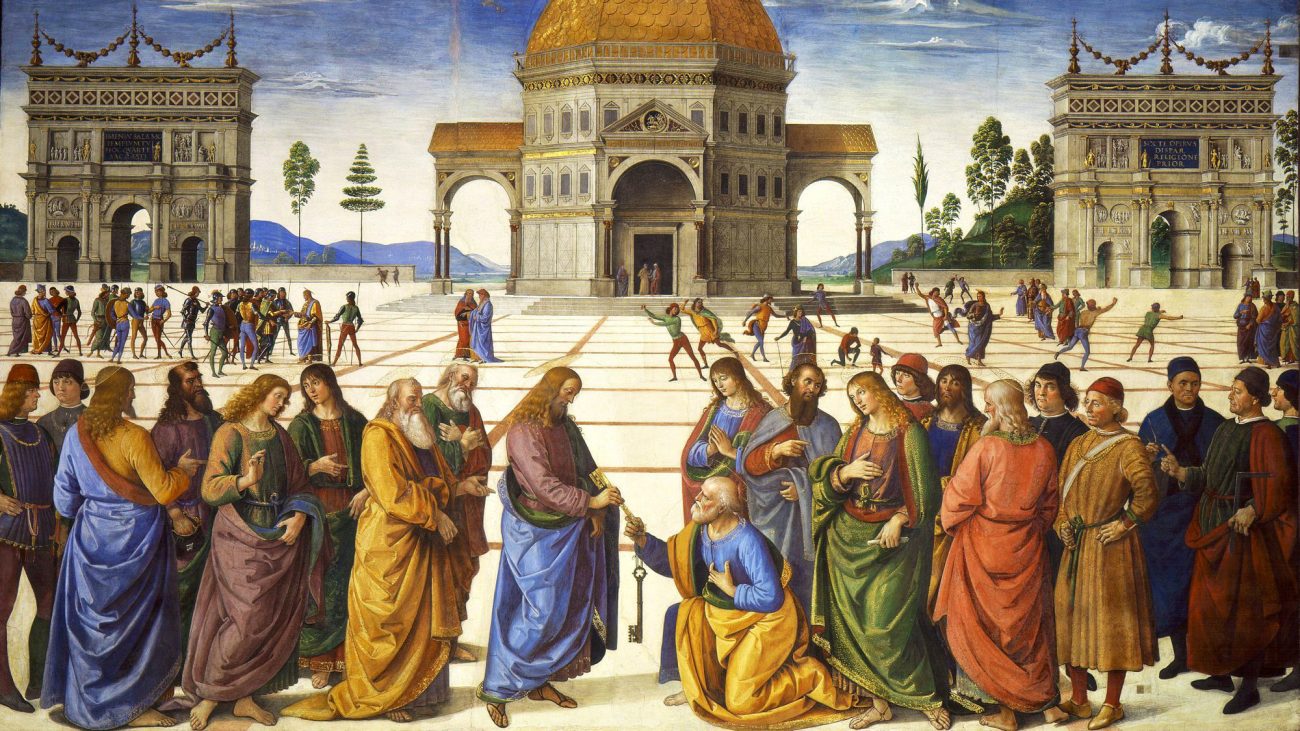
History reveals that it was this Holy Spirit-led Church—the Catholic Church—that decided which books were to be put in the Bible. Moreover, it was the Catholic Church that definitively declared the Bible to be the inspired word of God.
A Protestant Circular Argument
Hence to deny the authority of the Catholic Church makes our reason for trusting the inspiration of Scripture weaker…in fact, our main argument would become circular!
Without believing in the authority of Christ’s Church we are forced to mainly argue that the Bible is inspired because the Bible itself says so…although anything can claim special status by its own authority.
The holy book of Muslims—the Quran—claims to be inspired, and so we must see that the more effective arguments for the Bible’s inspiration are those arguments that extend beyond its very own pages.
For that reason, since Jesus Christ promised to lead His Church into all truth when this Church—back in the earliest years of Christianity—declared the Bible to be the inspired Word of God, we are reasonably able to trust that declaration because God does not break His promises! And the Catholic Church has consistently reaffirmed this truth from generation to generation. It is this Church that, according to Jesus, cannot fall into doctrinal error and additionally was blessed with Jesus’ High Priestly prayer that it would remain one and whole.
Reading “With The Holy Spirit”

On the other hand, this is not to say that Catholics are discouraged from reading the Bible “with the Holy Spirit”. Personal reading of Scripture is encouraged (ever heard of “Lectio Divina”?!) and there is still lots up for grabs in regards to interpreting other portions of Scripture.
But at least within the Catholic Church the essentials of the Christian faith are safeguarded and the Christian truth is preserved from error, from generation to generation, because the Holy Spirit is leading His Church into all truth.
The Proof
And where is the proof in the pudding? One such proof is that the early Christians—the disciples of Jesus, the disciples of the disciples of Jesus, and the disciples of the disciples of the disciples of Jesus, and the disciples of the disciples of the disciples of the disciples of Jesus, and so on—committed to writing their interpretations of Scripture which testify to the validity of Catholic interpretation & teaching up to the present day.
All these early Christian writings outside the Bible, some as early as the 1st Century, sound extraordinarily—and suspiciously—Catholic!
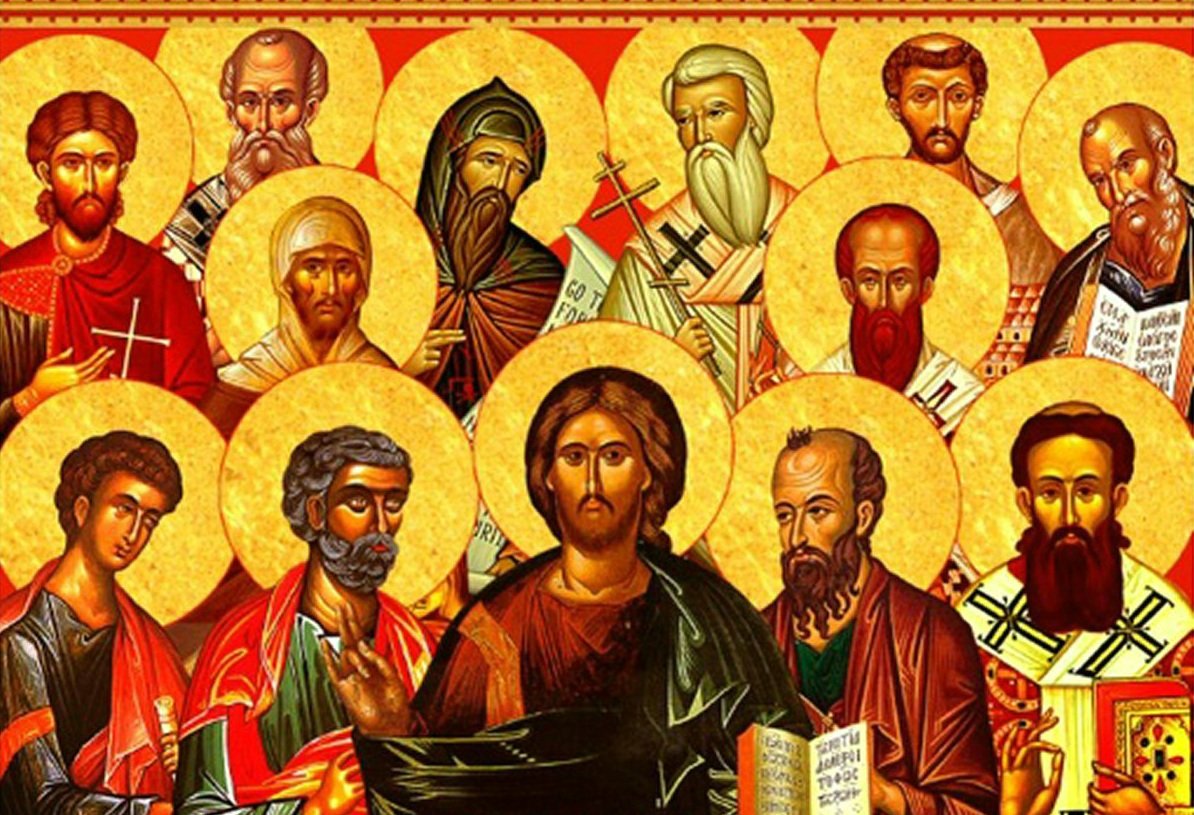
Another proof I was astonished to discover, from a careful study of history, was that the Catholic Church has never changed its teachings in regards to doctrine or morality. Some modern-day controversial examples, which the Catholic Church has not budged on, include its doctrine regarding the impossibility of ordaining women priests, or it’s moral teaching on abortion or contraception.
The Catholic Church will not—and indeed cannot—change or contradict its doctrine or moral teachings. Teachings may indeed develop over time and disciplinarily, liturgical or governmental practices may change, and superficial changes may seem evident as the Church relates to the modern-day, but in spite of that, the Catholic Church cannot change the substance of it’s teaching since that would contradict the promise of Jesus to lead His Church into all truth.
During those rare moments where it solemnly defines doctrine, it is not just teaching the opinions of intelligent men but has Jesus’ promised inspiration to be the very truth of God.
Conclusion
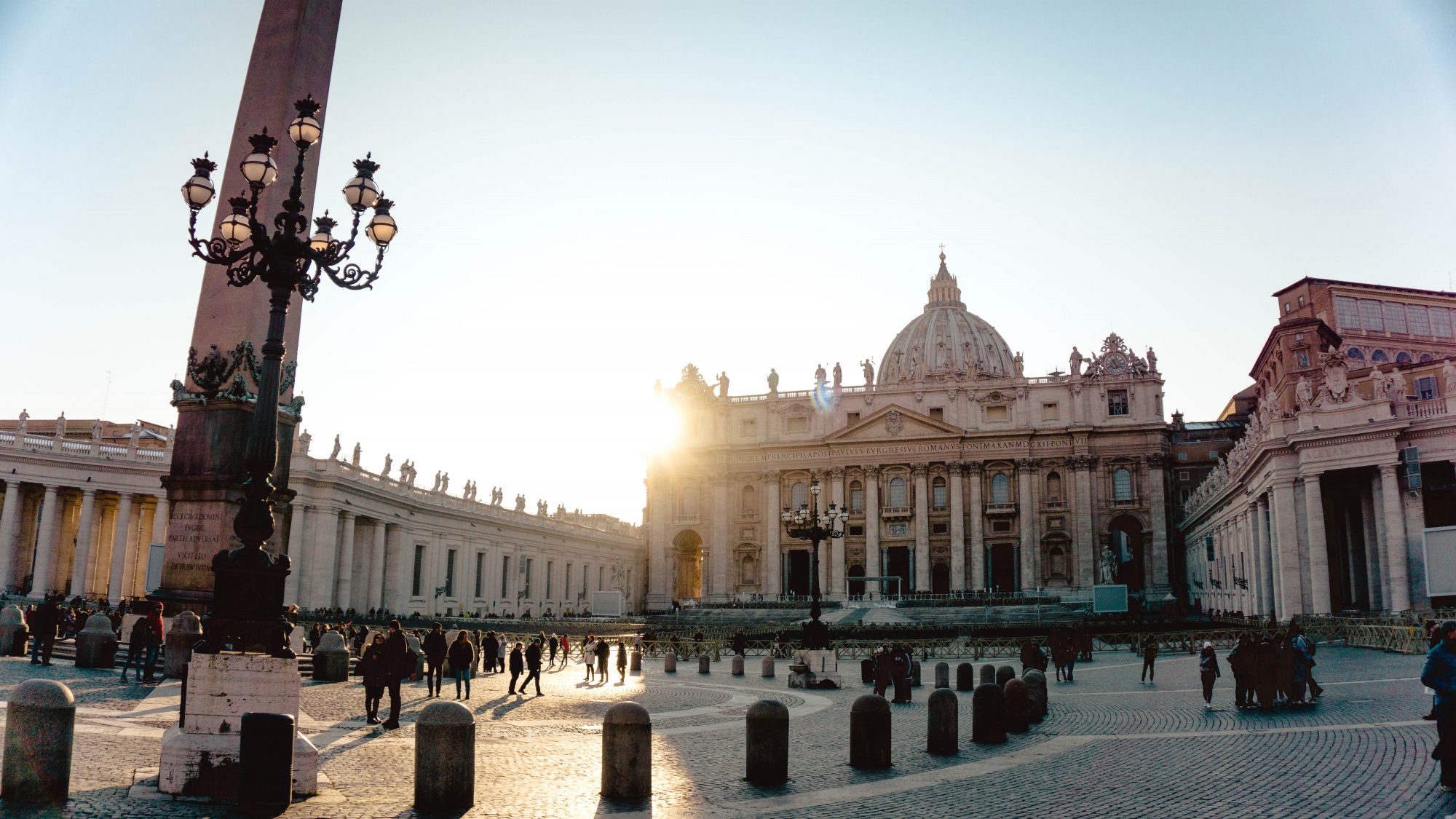
Therefore, on a personal note, I am only able to conclude that becoming a Catholic makes a lot of sense due to the fact that the Catholic Church has a God-given authority to teach and safeguard the truths of the Christian faith.
Although I would point out that good has come from the 9,000 Protestant denominations and counting (some quote 33,000), I for one do not see a similar strong claim to authority in safeguarding and teaching the Christian faith contained within it, evidenced in the fact that new denominations seem to appear on quite a frequent basis.
I have even noticed that some non-Catholic Christians try to resolve this problem by aiming to devalue the importance of doctrine, despite many Bible verses that appear to emphasize the importance of correct teaching working alongside acts of charity, humility and love.
If you’ve ever heard someone insist that “Christianity is a relationship and not a religion”, used in a way that appears to undermine the relevance or importance of theology, then I would suggest that there is a good chance you have subtly encountered this attitude yourself!
Of course, bearing spiritual fruit in love of God & neighbor is what matters more, however, as paragraph 89 of the Catechism of the Catholic Church states so beautifully, doctrines are: “The lights along the path of faith; they illuminate it and make it secure”. In other words, doctrine helps us draw closer in our relationship to Jesus. Hence, we shouldn’t throw the baby out with the bathwater just as much as we shouldn’t seek quick fixes that skirt the issue.
Parting Words
And so there you have it. I appreciate this reason may not be convincing for everyone—and I have not even begun to address the controversial and misunderstood aspects of a few specific Catholic teachings—but this point was nonetheless significant in my journey in becoming a Catholic.
Lots of love,
Chris
Disagree? Need clarification? Think I’m speaking out of line? Do not hesitate to message me on Facebook or by email here.
Want to read some more Catholic conversion stories? You can check more out here!
Suggested next reading: “What Is The Difference Between Catholics And Christians?”


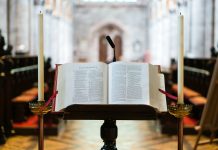
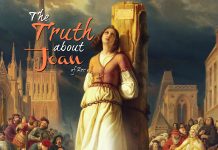

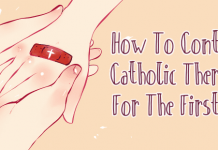


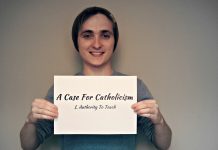
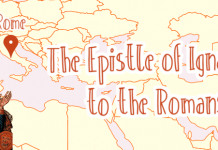
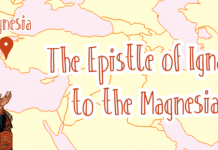
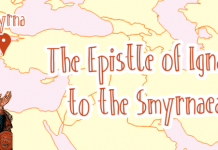
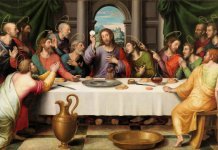
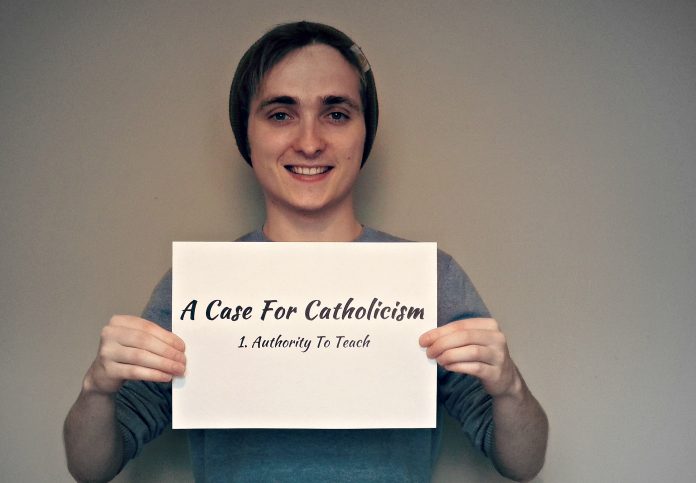





I feel for the charismatic evangelical the issues with Catholicism tend to be less theological then say conservative protestant groups but more of an experiential nature. As a former charismatic evangelical myself I experienced incredible genuine manifestations of the Spirit, I experienced incredible prophetic utterances and saw incredible physical healings and miracles, experience became my truth. If God revealed himself in such a powerful way to us evangelical charismatics and most Catholic parishes seem devoid of parishioners who have such experiences, I figured at least at a subconscious level that Catholicism was merely a ‘religion’ whereby its adherents were living under the old covenant laws rather then the life of new covenant grace. My conversion to Catholicism was an interesting one, whereby God gave me some supernatural encounters that revealed to me the truth about His Church. I can’t say I have met many protestants who have converted to Catholicism and whose main conversion paradigm was experiential, instead they largely seem intellectual i.e conversion after reading Church Fathers etc. I feel as the Catholic Church more and more discovers its Charismatic dimension in conjunction with its traditional elements i.e the Traditional Latin Mass a big revival will take place.
As a cradle Catholic, I think you are correct. Only very recently have I begun to understand the charismatic aspect (movement?) of the Catholic Church. It is, in fact, difficult for me to understand because of the intellectualization of my religion.
At the same time, without that intellectual rigor I strongly feel that I would be at the mercy of personal feeling as far as being guided by the Spirit. Inspiration is often hard to discern clearly and the Catholic doctrine and theology indeed serve as guideposts. Just as the heart and Spirit are necessary to truly understand and incorporate those doctrines and that theology. One without the other can go dangerously astray.
Welcome home brother.
I grew up in a so called Christian home;wont go into detail but I am gonna be married to a Catholic man and I am gonna convert asap.I always felt something was missing in my family and there was always strife in my home.My parents have passed on they both were Christians but it came with a price i will convert so i can have a better life for my husband and our future children .Have a blessed day and happy new year.